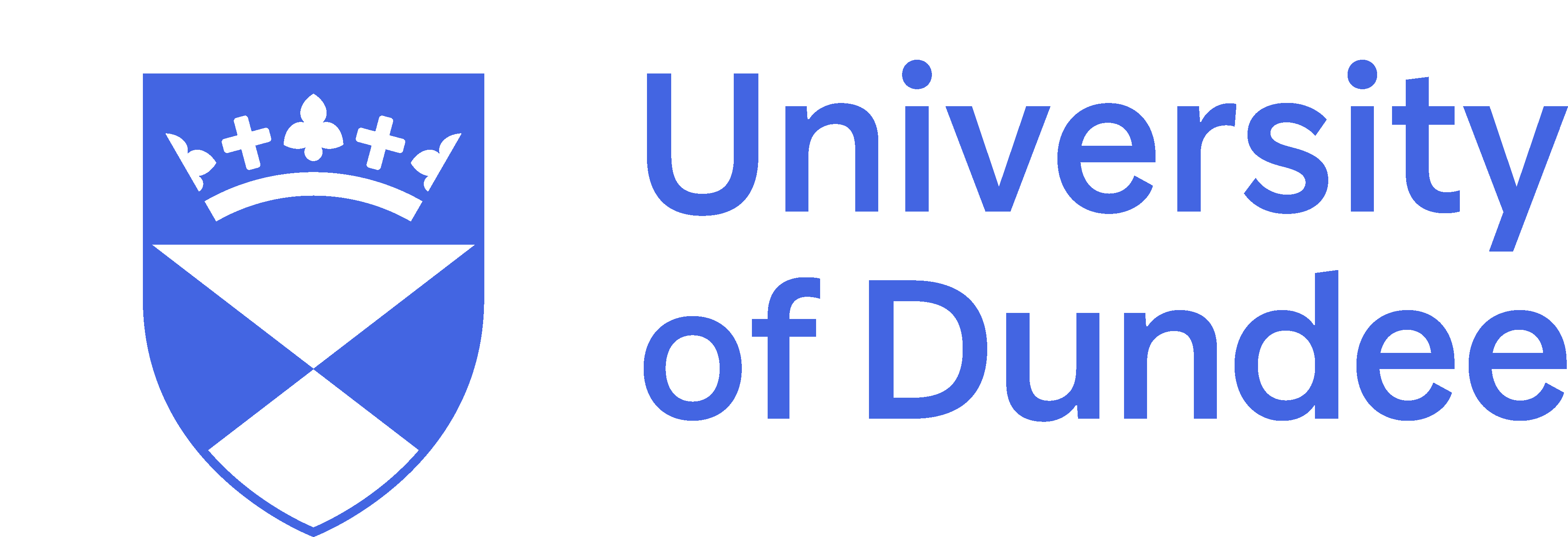Key Facts
Join the seminar here:
https://stanford.zoom.us/j/97187544962?pwd=blFuOE81OFVkQ29LbDB0dWZZbk5wdz09
Key Facts
Key Facts
Due to differences in daylight saving time changes the times for this seminar are:
17:00 GMT
and
13:00 ET
Password: 496886
Key Facts
Zoom Details:
https://stanford.zoom.us/j/97187544962?pwd=blFuOE81OFVkQ29LbDB0dWZZbk5wdz09
Password: 496886
Key Facts
Key Facts
Mutations in Leucine-rich repeat kinase 2 (LRRK2) have been linked most infamously to Parkinson’s disease but also to a host of chronic inflammatory diseases, cancer, and susceptibility to infection; however, the underlying mechanisms through which LRRK2 mutations promote disease are unknown. We discovered that macrophages harboring the common human mutation Lrrk2G2019S are more prone to regulated cell death in response to both Mycobacterium tuberculosis (Mtb) infection and canonical inflammasome activation.
Key Facts
Key Facts
Our laboratory is focused on understanding the dynamics of organelle motility along the cellular cytoskeleton, driven by molecular motors: cytoplasmic dynein, kinesins, and myosins. The active transport of membrane-bound organelles is required for intracellular biosynthetic and endocytic trafficking in most eukaryotic cells. However, the highly polarized morphology of neurons, with axons that can extend over distances of up to one meter, make these cells uniquely dependent on motor-driven transport.


